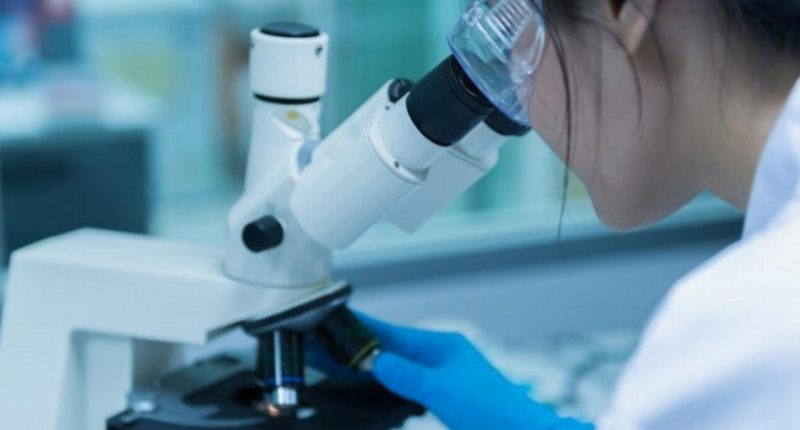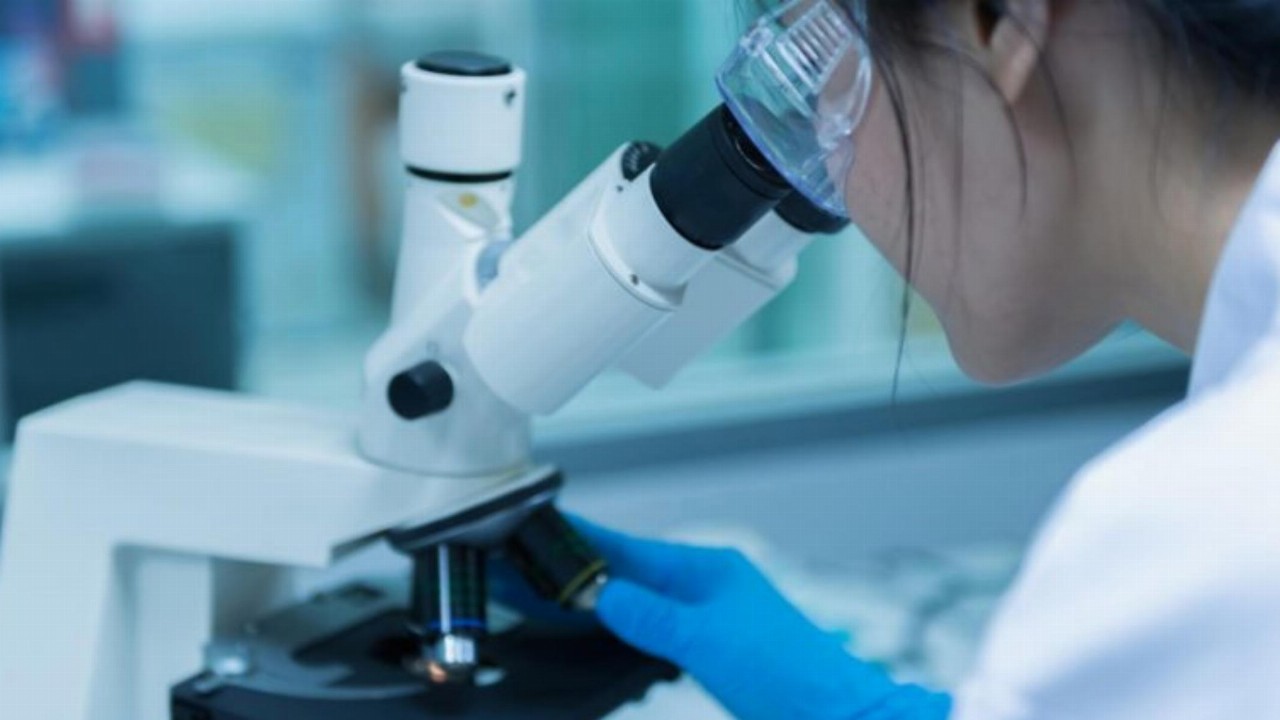- Immuron (IMC) is surging on the ASX today after revealing some encouraging progress in the development of a treatment for diarrhoea
- The results come from cows given a vaccine against two specific bacteria, Campylobacter and Enterotoxigenic E.Coli (ETEC)
- Both of these bacteria are known to cause diarrhoea in humans
- Immuron told shareholders its research partner, the Naval Medical Research Centre (NMRC), found the vaccine brought about a “robust immunological response” in cows
- This means the vaccine is predicted to be protective against diarrhoea caused by both bacteria
- The U.S. Department of Defense has put some major investment in creating a treatment for diarrhoea, which is the most common illness afflicting overseas soldiers
- Shares in Immuron are trading almost 18 per cent higher at midday, currently worth 26 cents each
Immuron (IMC) is surging on the ASX today after revealing some encouraging progress in the development of a treatment for diarrhoea.
The results come from cows given a vaccine against two specific bacteria, Campylobacter and Enterotoxigenic E.Coli (ETEC). The testing was taken on by Immuron’s research partner, the Naval Medical Research Centre (NMRC), in the United States.
Immuron told shareholders the NMRC produced a “robust immunological response” in cows, with high levels of antibodies that specifically target Campylobacter and ETEC found in the cows’ colostrum, which is the first type of milk produced by mammals after giving birth.
This means the vaccine is predicted to be protective against diarrhoea caused by both bacteria. Campylobacter causes gastroenteritis (gastro) in humans, while ETEC is one of the main causes of Traveller’s Diarrhoea.
Immuron and the Department of Defense
Immuron has been working with the U.S. Department of Defense (DoD) for several years to create a treatment for Traveller’s Diarrhoea.
According to Immuron, infectious diarrhoea is the most common illness reported by military personnel deployed overseas and by travellers visiting developing countries.
The condition decreases morale, affects judgement and operational readiness, and decreases daily performance in soldiers. On top of this, it often results in several conditions post-infection, including irritable bowel syndrome (IBS) and post-infectious autoimmune diseases.
As such, the U.S. DoD has started to heavily invest in developing a range of vaccines and treatments against some of the main causes of infectious diarrhoea.
Looking ahead, Immuron said work to get the vaccine against Campylobacter and ETEC approved as an Investigational New Drug (IND) with the U.S. Food and Drug Administration (FDA) is progressing well.
The company said then NMRC plans to file an IND application during the first quarter of 2021, with two human clinical trials for the treatment scheduled for the second and third quarters of 2021.
Immuron said the trial will test the product on 60 volunteers divided into two cohorts.
In the meantime, investors seem impressed with today’s cow vaccine news. Immuron shares are trading 17.78 per cent higher at midday AEDT, currently worth 26 cents each.








